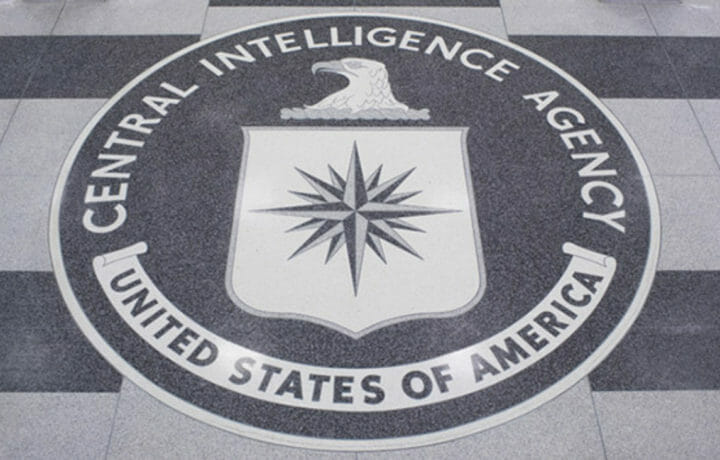The CIA declassified portions of an April 2021 letter from Senators Ron Wyden (D-OR) and Martin Heinrich (D-NM). The letter asked the ODNI Haines and CIA Director Burns to provide additional information concerning the “Deep Dive II” report, amidst the allegation that the CIA is conducting a bulk collection of information, which includes U.S. persons. The letter goes on to highlight the Senators’ understanding that the CIA while operating under the authorities found within E.O 12333, is also operating outside of the laws passed by Congress. The Senators’ letter notes that the NSA and FBI’s FISA collection has been subjected to “extensive declassification” and that “there is no reason why CIA’s activities cannot be equally transparent.”
CIA’s Office of Privacy and Civil Liberties officer, Kristi Scott said in a statement, “CIA recognizes and takes very seriously our obligation to respect the privacy and civil liberties of U.S. persons in the conduct of our vital national security.” She continued, “CIA is committed to transparency consistent with our obligation to protect intelligence sources and methods.”
CIA Published releases
The CIA shared additional information (some of which are redacted) on collection programs via the CIA’s OPCL page of their website. These include:
- Potential QAs for Deep Dives – February 2022
- PCLOB Report on CIA Activities – February 2022
- CIA Public Release Statement Deep Dives – February 2022
- Recommendations from PCLOB Staff Report – February 2022
- Director Haines and Director Burns OPCL Memo Report – April 2021
Review and transparency are good for everyone
The CIA’s release of information and explanations on how raw information is collected provides clarity to those unfamiliar with the Agency’s foreign intelligence charter. For example, in response to the query concerning rules re the collection of large datasets, the agency explained, “CIA collects certain information without the use of search terms or other identifiers – sometimes referred to as “bulk” – and conducts certain other collections that can result in the acquisition of large volumes of information. CIA is not authorized to collect data solely for the sake of doing so. CIA is precluded from collecting datasets pertaining to U.S. persons that lack intelligence value or are otherwise unrelated to one of CIA’s other authorized intelligence activities.”
The redacted release of the efforts in support of the CIA’s counterterrorism efforts by the Privacy and Civil Liberties Oversight Board, highlights within its corpus the incidental collection on U.S. persons and how this incidental collection is handled internally. The board noted, for example, “Routine handling requirements mandate maintaining an auditable record of activity, including access, queries designed to elicit USP information, and justification for those queries that articulates what the CIA knows or reasonably believes about the USP (U.S. person).”
Oversight of CIA data collection
Should the manner in which the CIA policies adherence that all data collected pertain to and fall within the scope of “authorized intelligence activities?” Absolutely. The NSA’s Inspector General recently released their review of NSA adherence to FISA Section 702 support and found room for improvement, issuing 13 recommendations.
In the CIA’s statement in response to the April 2021 letter re the “Deep Dives” the CIA notes how they believe they have kept the SSCI and the HPSCI “fully and currently apprised of its intelligence programs to include those activities reviewed by the PCLOB. Moreover, all CIA officers have a solemn obligation to protect the privacy and civil liberties of Americans.”
With such in hand, it stands to reason that within the SSCI, the good Senators should be engaging with the CIA to determine, what more may be declassified so as to give the American public a better understanding how the CIA, in the execution of their mission, also takes the appropriate steps to protect the civil liberties of the citizens of the United States. If such a review determines shortcomings exist, they should be remedied.



